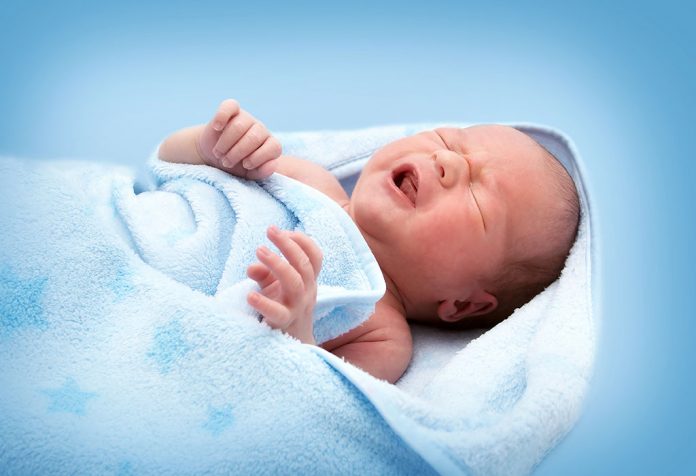When To Worry About Constipation In Toddlers. IBS-C Is Different From Occasional Constipation. Don't be worried if your child has a bout of constipation -- it's perfectly normal once in awhile.

Bowel habits - such as ignoring the urge to have a poo.
Signs include less frequent bowel movements or hard, dry stools.
When To Worry About Constipation In Toddlers? But on occasion, constipation can be a symptom of a more serious condition. According to Mayo Clinic, signs your child needs to see a doctor immediately include: Constipation in toddlers can also be caused by a refusal to use the bathroom. Often, the duration is short; occasionally it persists for months, even years. Learn when to be worried about your constipation, and find tips for maintaining bowel regularity. While it's not normally anything to worry about, it can be very uncomfortable and upsetting for the child, and could possibly lead to further issues with toilet training.
Inactivity or long periods in bed due to illness or following surgery may cause constipation. But if your toddler's constipation lasts for two weeks or more it's called chronic constipation,. If your child has pain in the upper right side of their abdomen, this could also be a sign of gallstones. constipation in toddlers when to worry. Many young children are too busy playing and put off going to the toilet. Kids might hold in poop if they can't be bothered to stop playing (especially at the beginning of toilet training), if. Ignoring an urge to have a bowel movement can lead to constipation.
You should also be aware that your toddler is screaming or crying during bowel movements. Kids might hold in poop if they can't be bothered to stop playing (especially at the beginning of toilet training), if. Mild constipation in children is fairly common, but gastroenterologists at Johns Hopkins Children's Center say constipation-related visits have soared.






